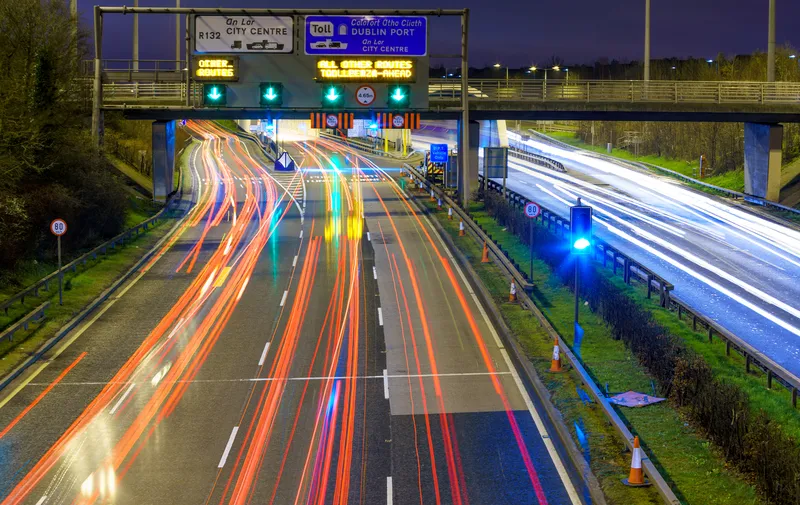Exeter City Council and Devon County Council, working with a consortium led by IT services provider NTT Data, have unveiled a ground-breaking, two-year intelligent transport project for the area. Through the project, the group aims to identify solutions that will alleviate traffic congestion in and around Exeter, an historic city in the county of Devon, in south-west England.
NTT Data will lead the consortium of traffic experts and specialist providers including Imtech Traffic & Infra, Vaisala, the Unive
December 10, 2015
Read time: 2 mins
Exeter City Council and Devon County Council, working with a consortium led by IT services provider NTT Data, have unveiled a ground-breaking, two-year intelligent transport project for the area. Through the project, the group aims to identify solutions that will alleviate traffic congestion in and around Exeter, an historic city in the county of Devon, in south-west England.
NTT Data will lead the consortium of traffic experts and specialist providers including6999 Imtech Traffic & Infra, 144 Vaisala, the University of Exeter and big data specialist Black Swan.
The Engaged Smart Transport project will use real-time traffic and weather sensor data, combined with other data sources such as eyewitness and behavioural information to better understand the factors affecting people’s travel behaviour. It will reveal where and why congestion happens and identify solutions to address these problems. The consortium has been awarded match funding by Innovate, the UK Government’s innovation agency.
Exeter is setting out a growth plan for the city that will deliver 12,000 new homes, 60 hectares of new business land and 40,000 square metres of new retail space by 2026. Increased population and commuter movement will add to pressures on infrastructure and public transport services. Exeter has a central population of 120,000 that already experiences daily congestion as well as one-off spikes caused by events.
The consortium believes that understanding how existing road capacity can be managed more effectively is critical for Exeter to deliver this growth. Taking an innovative approach to the use of existing and new data from a range of sources such as sensor technology, social media feedback and the latest traffic algorithm technology, the Engaged Smart Transport project will deliver insight into population movement and provide answers to real-world traffic issues.
NTT Data will lead the consortium of traffic experts and specialist providers including
The Engaged Smart Transport project will use real-time traffic and weather sensor data, combined with other data sources such as eyewitness and behavioural information to better understand the factors affecting people’s travel behaviour. It will reveal where and why congestion happens and identify solutions to address these problems. The consortium has been awarded match funding by Innovate, the UK Government’s innovation agency.
Exeter is setting out a growth plan for the city that will deliver 12,000 new homes, 60 hectares of new business land and 40,000 square metres of new retail space by 2026. Increased population and commuter movement will add to pressures on infrastructure and public transport services. Exeter has a central population of 120,000 that already experiences daily congestion as well as one-off spikes caused by events.
The consortium believes that understanding how existing road capacity can be managed more effectively is critical for Exeter to deliver this growth. Taking an innovative approach to the use of existing and new data from a range of sources such as sensor technology, social media feedback and the latest traffic algorithm technology, the Engaged Smart Transport project will deliver insight into population movement and provide answers to real-world traffic issues.







